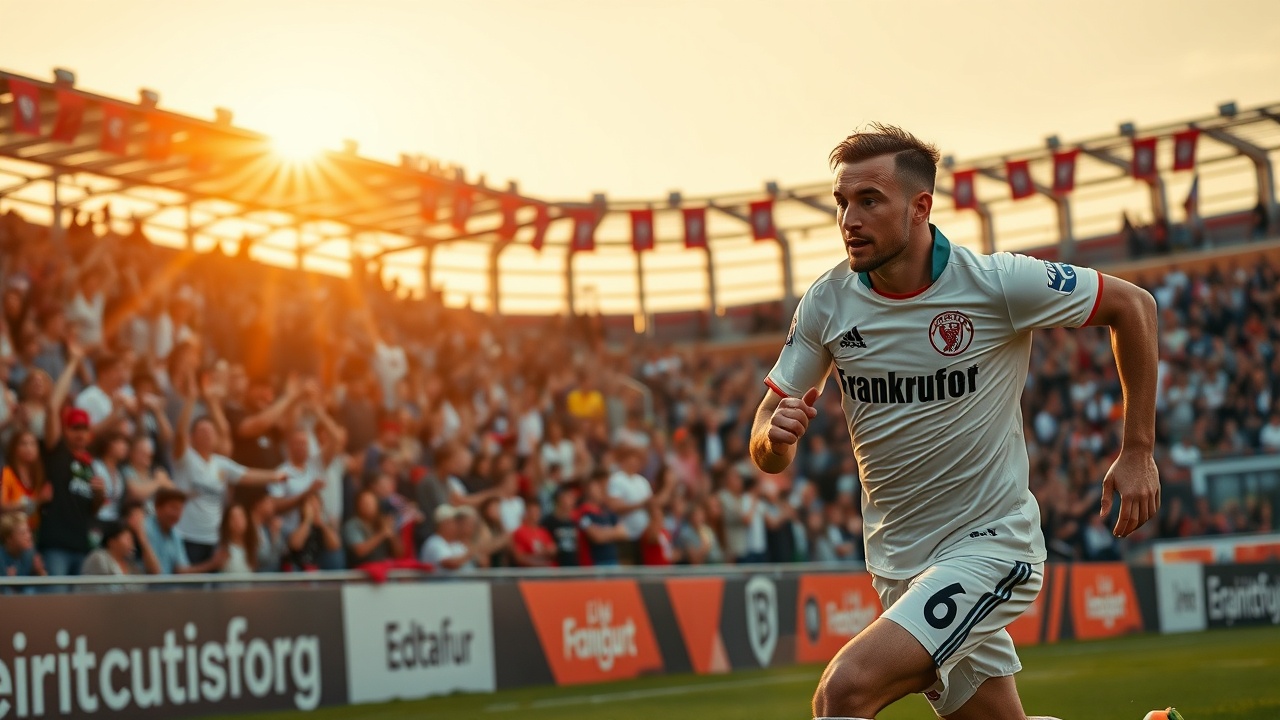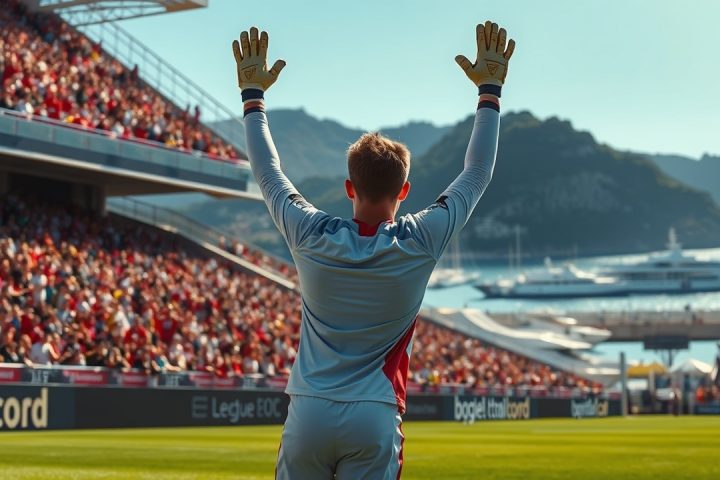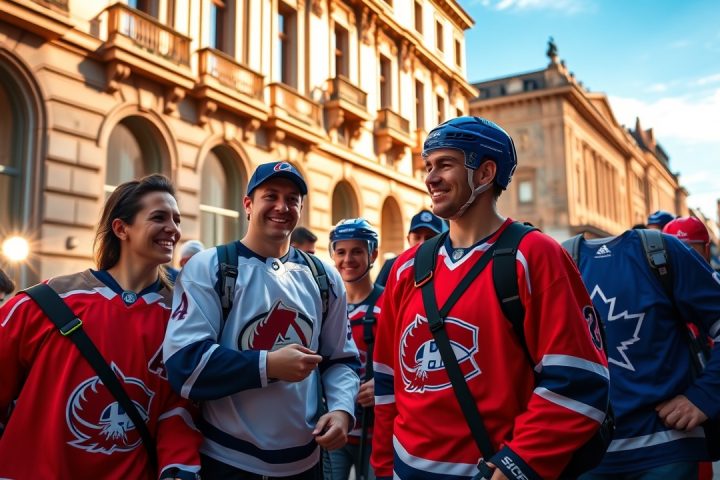Eintracht Frankfurt’s Sustainable Strategy
In the high-stakes environment of football, many clubs would panic at the idea of regularly parting ways with their top scorers. However, Eintracht Frankfurt, led by sporting director Markus Krosche, has embraced this challenge as part of a well-defined strategy centered around sustainability. For the past four out of seven seasons in the Bundesliga, the club has seen its leading goal-scoring talents leave, and Krosche articulates this approach with clarity.
Embracing Player Development
In a recent interview with Sky Sports, Krosche referred to elite clubs like Paris Saint-Germain and Manchester City as “end clubs” that teams like Frankfurt often sell to. He explained,
“If your development outpaces our progress as a club and the financial offer meets our expectations, I will facilitate your exit.”
This candid approach attracts young talents eager to develop under Frankfurt’s supportive environment, designed to nurture players through advanced training facilities, nutritionists, and specialized coaching.
Financial Success Through Strategic Sales
The impending transfer of Hugo Ekitike to Liverpool for €91 million, including add-ons, is set to boost Frankfurt’s net transfer profit to around €161 million since the summer of 2023. Notably, their two most significant sales prior to this deal totaled €165 million, with players like Randal Kolo Muani and Omar Marmoush, both recruited as free agents. When considering Ekitike, their net profit from all transferred forwards alone could reach approximately €345 million (£300 million/$405 million) over just six years.
Frankfurt’s ability to turn a profit has roots extending beyond Krosche’s 2021 tenure, as the club made significant returns even before his arrival—most notably in 2019, when they sold Sebastien Haller and Luka Jovic for three times their purchase price. Andre Silva, who joined as a loan replacement that same year, was sold for nearly eight times his original fee after a standout season.
Young Talent Acquisition
In an impressive feat, no club has generated as much in profit in the last three years according to Transfermarkt, all while ascending the Bundesliga rankings from seventh place to third last season, their best-ever finish. How does Eintracht maintain this profitable trend? The club focuses on acquiring young prospects with high future sell-on value, players who are adaptable and fit their playing philosophy.
The results of this approach are evident; nearly 81% of their last 26 permanent signings were under the age of 25 upon joining. Moreover, Frankfurt is unafraid to make significant financial commitments when they spot a player who fits their vision, as shown in their ten largest purchases. For example, Arthur Theate, brought in from Rennes, has already made a substantial impact.
Impact of Recent Signings
Among these signings, six remain with the team while the others have generated a combined profit of €111 million. New acquisition Jonathan Burkardt, leaving Mainz at just 25, demonstrates Frankfurt’s continued investment in youth. Having recently recovered from injury, he netted 18 Bundesliga goals last season and brings versatility to the squad, making him an ideal fit for the high-energy style of play prioritized by coach Dino Toppmoller.
Both Burkardt and Marmoush contribute significantly to Frankfurt’s dynamic attacking play, aligning with the club’s strategy that emphasizes speed and adaptability on the field. Last season, Eintracht was second in generating expected goals from fast breaks in Europe’s top leagues, trailing only Liverpool.
Coaching and Player Development
Frankfurt CEO Axel Hellmann credits the remarkable development of players like Marmoush to the club’s high-caliber coaching staff. Under their guidance, Marmoush transformed from a promising attacker into a proficient goal scorer, demonstrating the effectiveness of Frankfurt’s player development ethos.
Future Challenges and Commitment
While some might criticize Frankfurt’s strategy as lacking ambition, their realism within the football hierarchy arguably fuels their success. Their exemplary ability to cultivate and sell young talent effectively attracts skilled prospects seeking growth. The challenge ahead will be sustaining this momentum alongside their newfound Champions League participation.
Despite facing hurdles in attracting marquee signings capable of immediate impact, Frankfurt will likely maintain its commitment to nurturing future stars, indicating that their productive conveyor belt of strikers is still in full operation.




